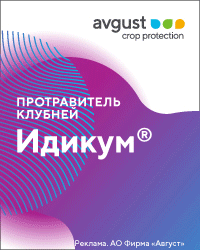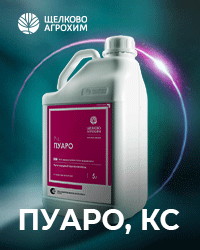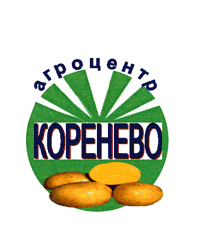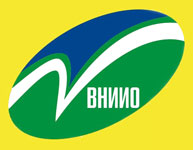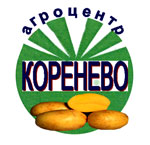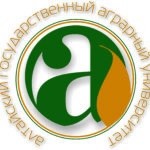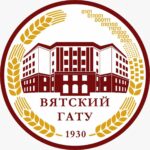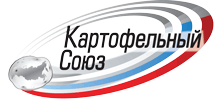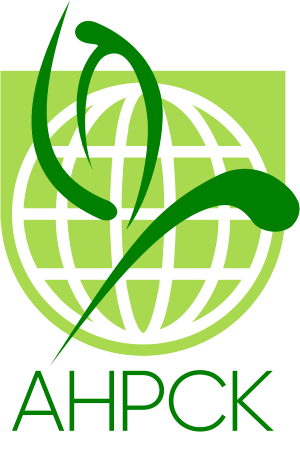UDC 635.64:631.82:632.67
https://doi.org/10.25630/PAV.2020.20.75.002
Sosnov V.S., Rubtsov A.A., Borisov V.A., Menshikh A.M.
With the introduction of new technologies, self-sufficiency in tomato can be achieved by increasing the profitability of the crop. At present, the Federal Scientific Center for Vegetable Growing and a number of other breeding organizations have created many new varieties and hybrids of tomato. The purpose of the research conducted by the authors in 2019-2020 was to assess the responsiveness of a new medium-early salad tomato variety Krasnyi bankir of domestic breeding for drip irrigation and the impact of mineral fertilizers, to analyze the productivity and quality of products grown on ordinary chernozems in the Rostov region at the Biryuchekutskaya vegetable selection experimental station – a branch of FSBSI Federal Scientific Vegetable Center. In 2019, the variety was included in the State Register for the Russian Federation for growing in open ground and under plastic covers in private household plots. The task was to achieve a stable tomato yield up to 100-120 t/ha due to the differentiated application of fertilizers and irrigation, without reducing the quality of products. A solution of microcrystalline water-soluble fertilizer Master with drip irrigation was used as root dressings, foliar dressings were carried out manually with a solution of organo-mineral nano-fertilizer with growth-stimulating activity Arksoil KKR (colloidal solution concentrate). The authors revealed a very high efficiency of the use of the main fertilizer and topdressing with water-soluble fertilizers when cultivating a tomato crop on ordinary chernozems under drip irrigation, which increase the yield of fruits actually 3 times (up to 98-103 t/ha, the share of standard fruits is 98%). The number of fruits per plant has more than doubled. The use of water-soluble fertilizer Master for root feeding of plants with different ratios of nutrients in the main phases of the growing season increased the tomato yield by 15-21%. The use of the studied agrotechnical methods did not worsen the quality of tomato fruits, the products are environmentally safe for consumers.
Key words: tomato, drip irrigation, mineral fertilizers, biological product Arksoil, productivity, quality
Sosnov V.S., senior research fellow, Birutchecutskaya Vegetable Experimental Station – branch of FSBSI FSVC. E–mail: gnubosos@mail.ru
Rubtsov A.A., Cand. Sci. (Agr.), Head of Birutchecutskaya Vegetable Experimental Station – branch of FSBSI FSVC. E–mail: gnubosos@mail.ru
Borisov V.A., D. Sci. (Agr.). professor, chief research fellow of the Department of Agriculture and Agrochemistry, ARRIVG – branch of of FSBSI FSVC. E–mail: valeri.borisov.39@mail.ru
Menshikh A.M., Cand. Sci. (Agr.), leading research fellow of Department of Technology and Innovation, ARRIVG – branch of of FSBSI FSVC. E–mail: admin@vniioh.ru
- Leunov I.I., Litvinov S.S., Borisov V.A., Vegetable growing of open ground on chernozems. Moscow. Rosinformagrotech. 2006. 210 p. (In Russ.).
- How to increase the efficiency of tomato production with drip irrigation. E.D. Garyanova, G.F. Sokolova, N.N. Kiseleva, G.A. Filatov. Potato and vegetables. 2007. No6. Pp. 15–16 (In Russ.).
- Borisov V.A., Avilov N.V. The system of tomato mineral nutrition with drip irrigation in the Rostov region. Potato and vegetables. 2013. No1. Pp. 14–15 (In Russ.).
- Vaneyan S.S., Menshikh A.M. Irrigation regime, methods and technique of vegetable and melon crops irrigation in various zones of the Russian Federation. Guide. Moscow. Rosselkhozakademiya. 2010. 84 p. (In Russ.).
- Shchedrin V.N., Balakai G.T., Kulygin V.A. Influence of different doses of fertilizers on the yield of vegetable crops. Melioration and water management. 2009. No6. Pp. 30–32 (In Russ.).
For citing: Complex effect of mineral nutrition and drip irrigation on tomato productivity. V.S. Sosnov, A.A. Rubtsov, V.A. Borisov, A.M. Menshikh. Potato and vegetables. 2020. No12. Pp. 12-14. https://doi.org/10.25630/PAV.2020.20.75.002 (In Russ.).

